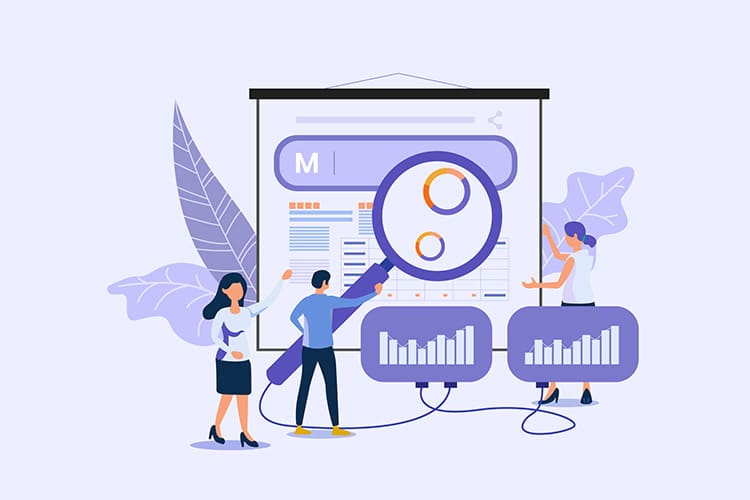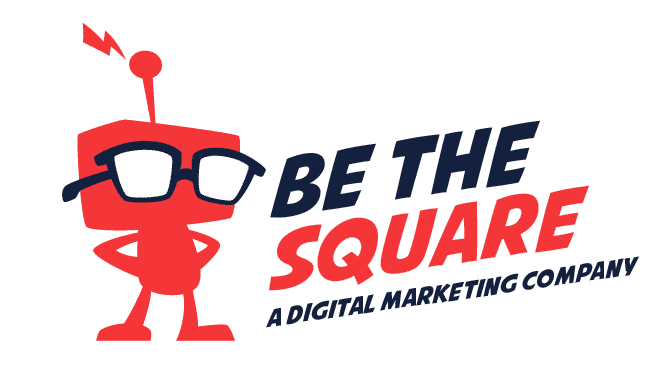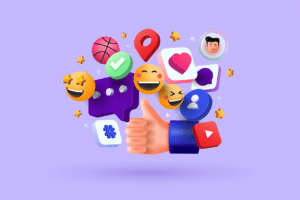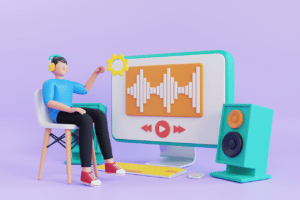We all know that search engine optimization is important. But if you were to ask me what are the five most important on-page SEO factors, I’d tell you that they are: page speed optimization, meta descriptions, heading structure and H tags, URL structure, and internal linking. These elements are critical for getting visitors to your website and also helping them navigate through it once they get there. In this article I’ll explain each of these elements in detail so you can better understand why they matter and how best to optimize them on your site!
Read: What is SEO / Search Engine Optimization?

On-Page SEO Factors – Let’s Go!
1. Page Speed Optimization
The first on-page SEO factor is page speed.
- Page Speed Is Important to Google: Google is all about user experience, so it’s no surprise that they want you to have a fast website. It’s a major ranking factor for both mobile and desktop users, which means that if you can’t load your site quickly enough, you’ll lose out on traffic—and money!
- Page Speed Is Important to Users: Every second counts when it comes to loading times, so having an optimized site will improve your user experience by reducing bounce rates and increasing your conversion rate. In fact, sites with fast load times have been found to have higher levels of engagement than those with slow ones!
- Page Speed Is Important To Your Business: If your business depends on customers finding their way back again after they visit once (like mine), then optimizing page speed might just be one of the most important things you can do as an entrepreneur. After all, people want what they want when they want it—and why would anyone wait around all day while their computer catches up?
To test your page speed, use Google PageSpeed Insights to find the causes to a slow site speed. Google then gives you recommendations on how you can improve your load times and UX (user experience). Fixing these errors can greatly improve your on-page SEO factor and scores.
2. Meta Descriptions
Meta descriptions are the first thing a potential customer will see when they perform a search. They’re also the only way to provide additional context for your pages beyond what is visible in a search engine’s snippet of text. This is an important on-page SEO factor.
Meta descriptions are very important for SEO, but they also play an important role in brand awareness and click-through rate (CTR). For example, when I search Google for “what is meta descriptions” I see that my website has been updated with meta descriptions that include both relevant keywords and unique copy written specifically for this page.
3. Heading Structure and H Tags
Heading structure and H tags are important for usability, accessibility, and SEO.
Headings are the main way that search engines understand what your page is about. This helps them display it in their search results, which in turn causes you to rank higher on SERPs. It also helps users skim through a page to find what they want or need to read.
H tags (HTML heading tags) help both search engines and humans understand the structure of your page. They do this by dividing up long blocks of text into smaller sections so that users can easily find the information they are seeking.
4. URL Structure
When it comes to on-page SEO factors, URL structure is one of the most important aspects.

Your URL structure should be clear and easy to understand. If you don’t have a good domain name, you will find yourself struggling with this part of your SEO strategy.
Make sure that you don’t go overboard when it comes to over-optimizing your URLs. Remember, Google doesn’t like overly optimized URLs and can penalize them in their search results if they find that yours are too spammy or irrelevant for their system. It’s better if your URLs are short and concise, but also contain keywords for relevant searches on Google.
READ: How Your Website Structure Could Be Affecting Your SEO
5. Internal Linking
- Internal linking is the act of linking to a page on your website from another page on your website.
- Internal links are important for search engine rankings, user experience, and navigational structure.
- Internal links are important for search engine rankings because they help Google crawl your website.
When a website has hundreds or thousands of pages it can take time for Google’s crawlers to travel between pages and discover new content.
If you want to make sure that Google crawls your website quickly and understands the structure of your website, then internal links are a great way to do that. Internal links are also important for user experience because they help users navigate between different pages on your website. When users have easy access to related content, it’s more likely that they’ll stay on your website for an extended period of time.
6. Title Tags
The title tag is the most important on-page SEO factor. A good title tag can help you rank higher in search engines and increase your click-through rate (CTR), which means more traffic and higher conversion rates.
The title tag also helps you improve user experience (UX) as a result – because it’s what shows up as the clickable link in search results, it needs to both tell potential customers what they’ll find when they click through and encourage them to do so by making them curious enough about what’s on the other side.
Every single on-page SEO factor is important for the health of your website.
The bottom line is this: every single on-page SEO factor is important for the health of your website. The more factors you can optimize, the better your website will rank and perform. So don’t be afraid to dive in and try to optimize as many of these as possible!
Conclusion
Every single on-page SEO factor is important for the health of your website. We can’t stress this enough. Each one plays a vital role in how Google views your content and serves as an indicator of its value to users. If you don’t have proper keyword usage, headings, internal linking scheme and page speed optimization—your site could be at risk for being penalized by Google or other search engines.
We know SEO can quickly become tedious and frustrating when you are just starting out. We can help though. We provide SEO solutions for all sizes of business and industries, and we’d love to discuss your SEO strategy.





